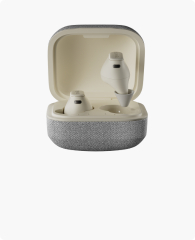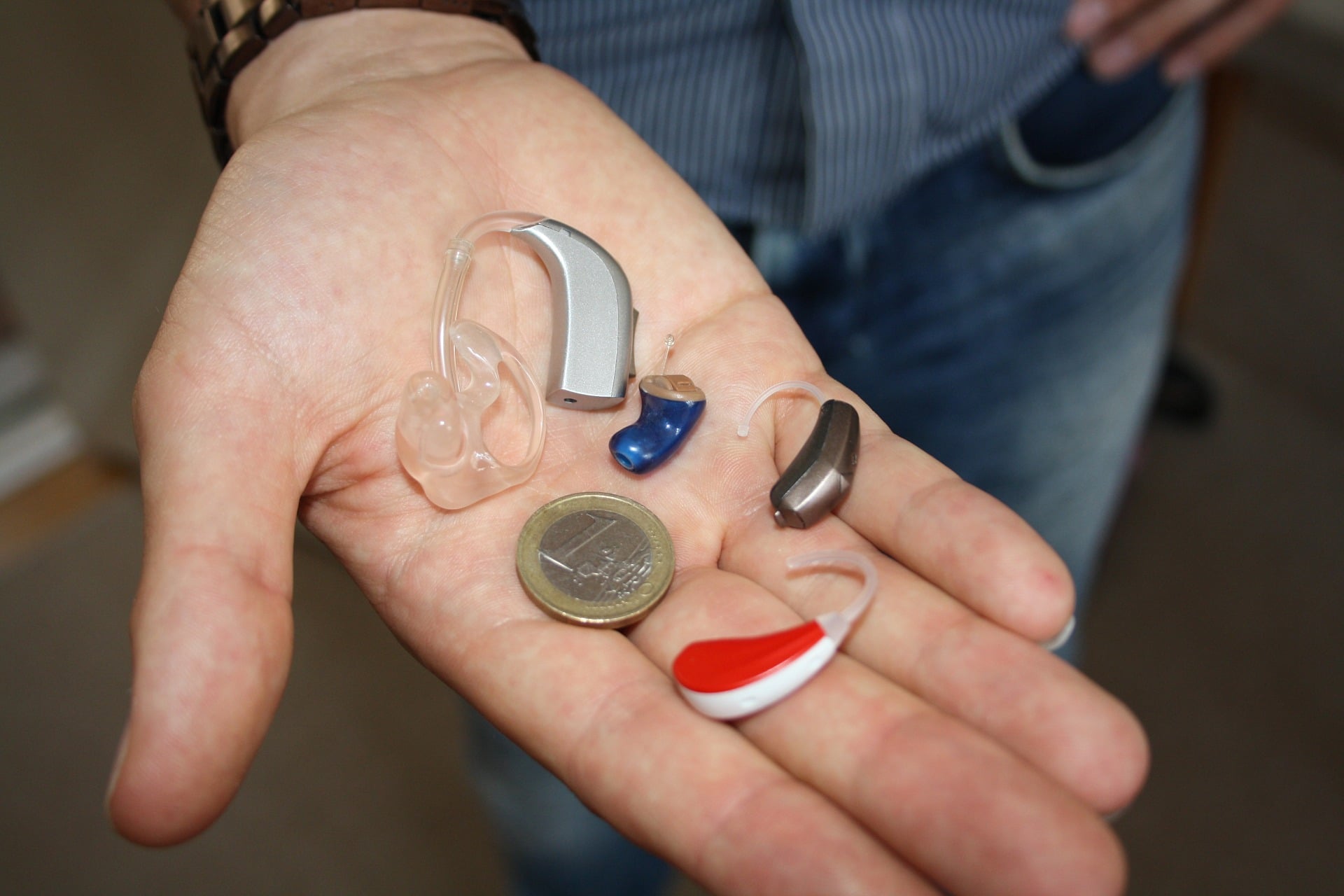"My dog doesn't respond when I call his name anymore. Is he just ignoring me, or is something wrong?"—This is a question I've heard from many pet owners, and it's often the first sign that their furry friend might be experiencing hearing loss.
Hearing loss isn't just a human condition. Many dogs, especially as they age, start to lose their ability to hear clearly. Naturally, pet owners begin to wonder: Are there dog hearing aids? Can dogs benefit from hearing assistance the way humans do? Let's dive into the world of canine hearing loss and explore whether dog hearing aids are a viable option.
🚀 Navigate This Post
You may also be interested in:
- Selective Hearing - Why You Tune Out Some Sounds but Catch Every Gossip
- Can Hearing Loss Be Reversed? Tricks to Get Better Hearing
- Why Do I Hear Crackling in My Ear? The Answer Might Surprise You!
Part 1: Understanding Hearing Loss in Dogs
Hearing is an essential sense for dogs, helping them navigate their surroundings, respond to commands, and stay safe. But just like in humans, hearing loss in dogs can be caused by a variety of factors, including aging, infections, injury, or even genetics.
1. Common Causes of Hearing Loss in Dogs
-
Aging: Senior dogs often experience gradual hearing decline, much like elderly humans.
-
Chronic Ear Infections: Frequent infections can cause damage to the inner ear.
-
Genetic Factors: Some breeds, like Dalmatians and Australian Shepherds, are more prone to congenital deafness.

-
Loud Noises & Trauma: Constant exposure to loud environments can impact a dog's ability to hear over time.
If you suspect your dog is struggling with hearing loss, it's essential to visit a veterinarian to assess the severity and determine potential solutions.
Part 2: Do They Make Dog Hearing Aids?
The idea of dog hearing aids has intrigued pet owners for years. After all, hearing aids have transformed the lives of many humans with hearing difficulties—why not for dogs?
1. The Challenges of Dog Hearing Aids
While the concept exists, dog hearing aids are not widely available for several reasons:
-
Dogs don't understand hearing aids. Unlike humans who can be trained to adjust to a device, dogs may struggle with having a foreign object in their ear.
-
Custom fitting is complex. Each dog's ear shape is different, making it challenging to create a one-size-fits-all solution.
-
Training & acceptance: Even if a device is fitted properly, training a dog to tolerate and respond to it is a significant hurdle.
Some veterinary audiologists have experimented with modifying human hearing aids for dogs, but results are mixed. So while dog hearing aids do exist in experimental settings, they are not yet a mainstream solution for canine hearing loss.

Part 3: Alternative Ways to Help a Deaf Dog
While hearing aids may not be the answer, there are still effective ways to support a dog with hearing loss.
1. Training with Visual Cues
Dogs are incredibly perceptive to body language. Using hand signals instead of verbal commands can help your pet understand instructions even without sound.
2. Vibrational Collars
A vibrating collar (not a shock collar) can be used as a gentle way to get your dog's attention without relying on sound.
3. Environmental Adjustments
Keeping your dog's environment safe by using fenced areas and ensuring they don't wander near roads can prevent accidents.
Part 4: Dog Hearing Aids Cost – Is It Worth It?
Since dog hearing aids are not widely available, determining an exact cost is tricky. When human hearing aids are adapted for dogs, the price can range anywhere from $3,000 to $5,000 per device, making it an expensive and impractical option for most pet owners.

Additionally, there's no guarantee that a dog will tolerate the device, meaning the investment might not pay off. Instead of searching for dog hearing aids cost, many owners find more success in adapting their training methods and using alternative solutions like visual cues and vibrations.
Part 5: Advances in Hearing Aid Technology & Future Possibilities
While hearing aids for dogs aren't yet practical, research into hair-like ear cells regeneration has shown promise in restoring hearing in animals. Some scientists believe this could lead to future treatments that may eventually help dogs with hearing loss recover naturally.
For humans, hearing aid technology has advanced significantly, with best OTC hearing aids like Cearvol hearing aids offering affordable and effective solutions for mild to moderate hearing loss. If similar breakthroughs occur in veterinary medicine, who knows? One day, dog hearing aids might become a common reality.
Final Thoughts: How to Support a Hearing-Impaired Dog
While dog hearing aids are not yet a widely available solution, understanding your pet's hearing loss and adapting your communication methods can make a huge difference. If you suspect your dog is struggling, consult a vet and start incorporating hand signals, vibrations, and environmental adjustments to ensure they continue to live a happy and fulfilling life.

Diamond X1 - Best Hearing Aids with Bluetooth
Newcomer Price
$249.99 $309.99
- ✔ Adaptive sound modes for clear hearing.
- ✔ Bluetooth for calls & streaming.
- ✔ App-controlled, customizable adjustments.
- ✔ Rechargeable & fast charging.
- ✔ Ideal for mild to moderate hearing loss.
For those of us experiencing hearing loss ourselves, the advancements in hearing aid technology provide incredible benefits. If you're looking for an effective solution, check out these best OTC hearing aids to improve your quality of life.
Does your dog have trouble responding to sounds? Share your experiences in the comments below!








Leave a comment
All comments are moderated before being published.
This site is protected by hCaptcha and the hCaptcha Privacy Policy and Terms of Service apply.